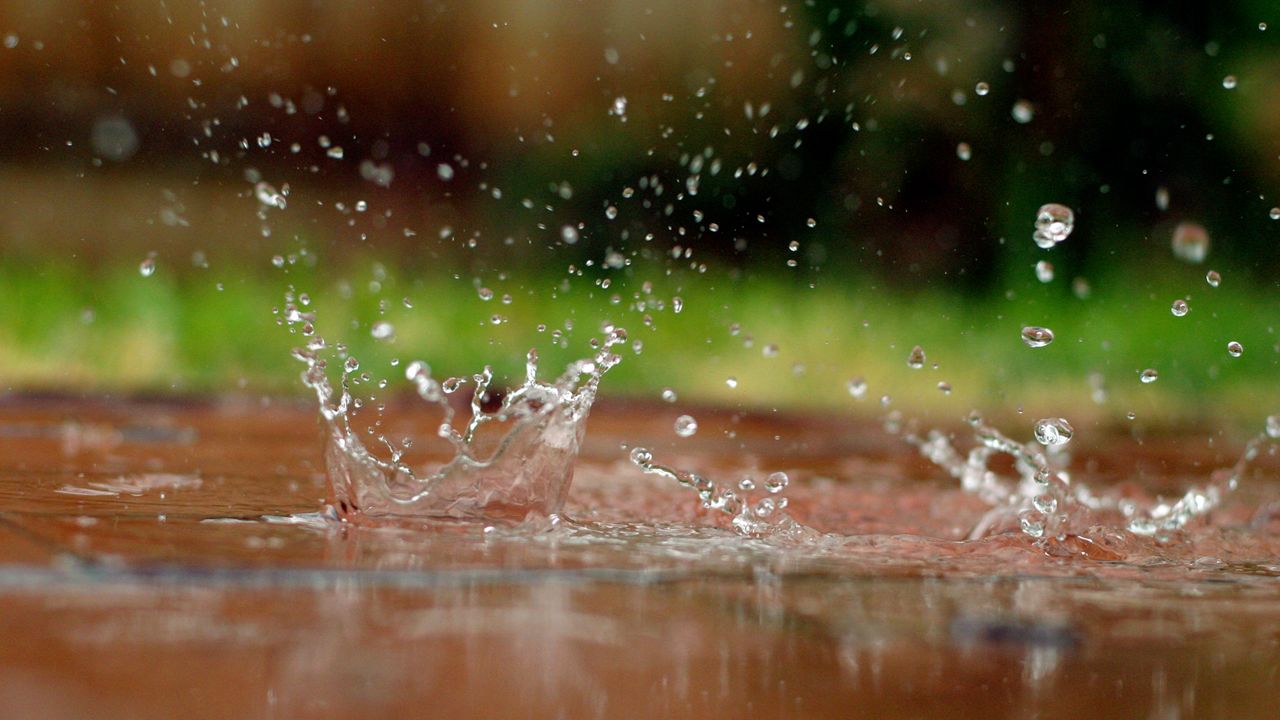So many times after giving a forecast of, "we can't rule out a shower," or "a few scattered showers expected today," someone will ask me, "should I cancel my plans because it is going to rain?"
Aside from water falling from the clouds, there is a big difference between a forecast of showers and rain.
Let's start with the definition of a shower regarding the weather. The dictionary defines it as a fall of rain, sleet, hail or snow (and everything in-between) of short duration. "Of short duration" is the difference between showers and rain.
Rain is water falling in drops condensed from vapor in the atmosphere. Notice the lack of "short duration."
A shower is typically hit-or-miss. It can be light, heavy, isolated, spotty, scattered or numerous, but short-lived. Rain can also be light to heavy, but lasts for hours or even days. Rain will also typically cover a much larger geographic area.
So when you hear us say "showers" on our forecast, don't change those outdoor plans just yet as it will not rain. What I try to convey in my forecast is, "a shower may interrupt your outdoor plans, but there won't be any rain that washes them out."
Our team of meteorologists dives deep into the science of weather and breaks down timely weather data and information. To view more weather and climate stories, check out our weather blogs section.



